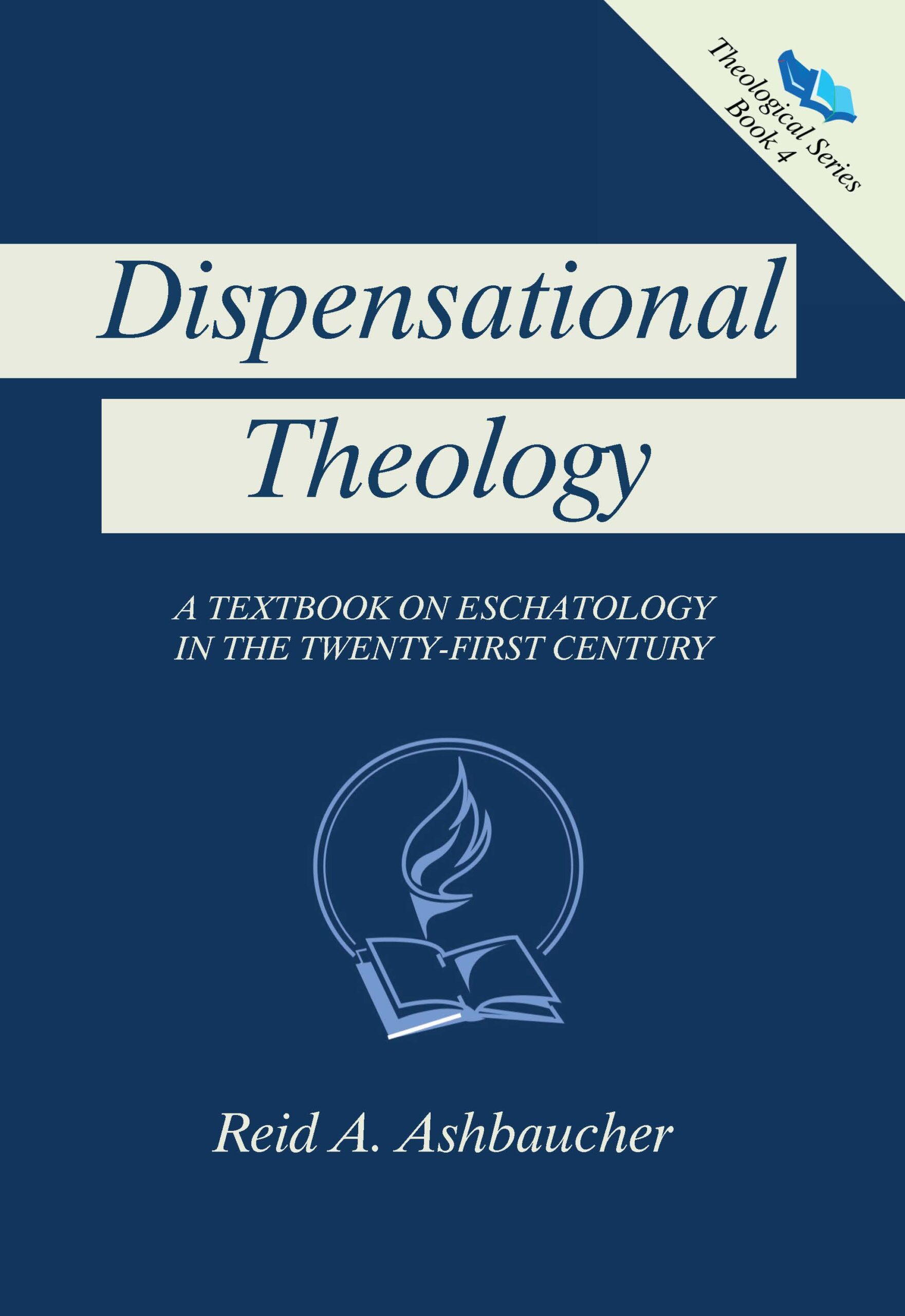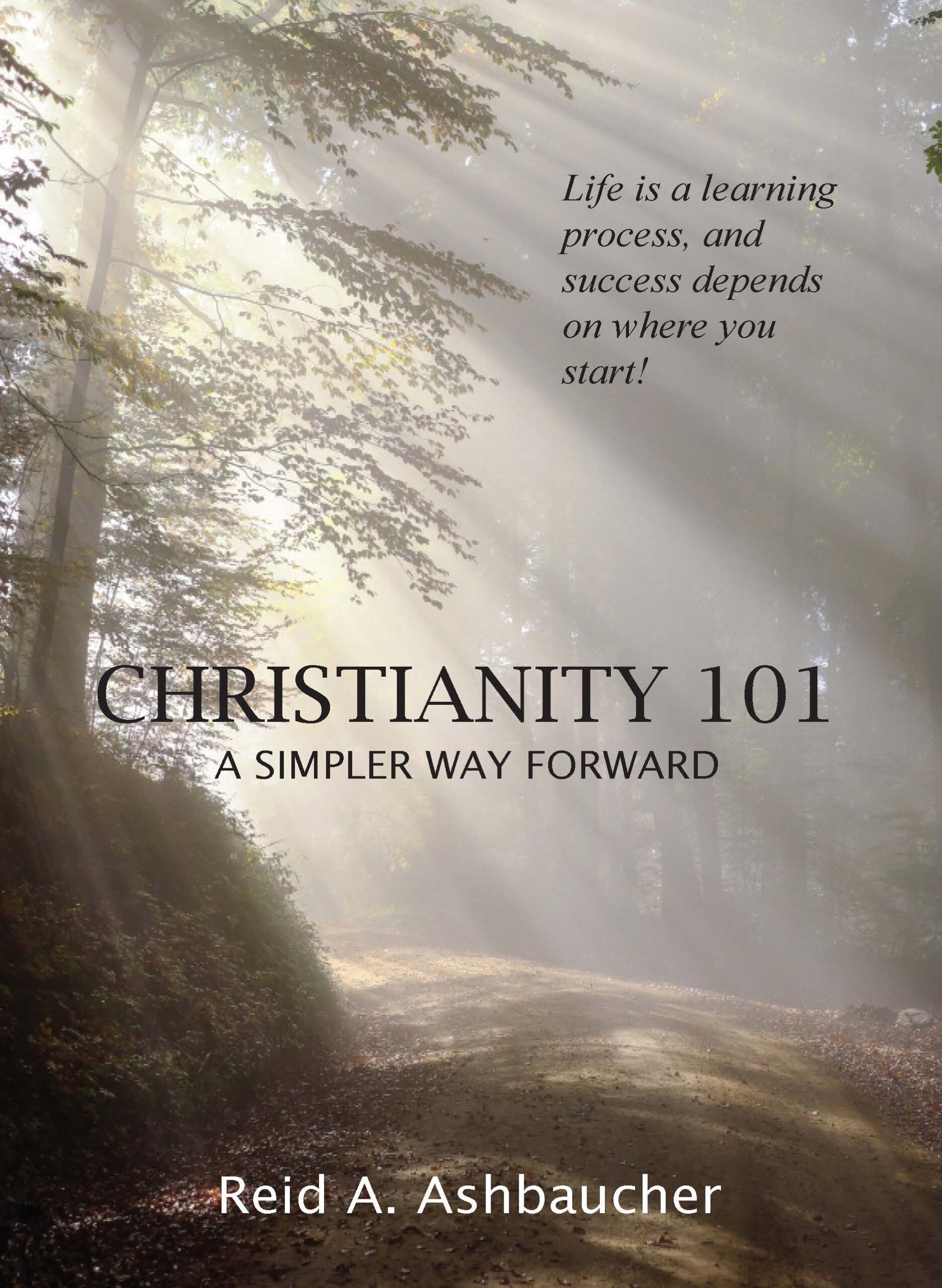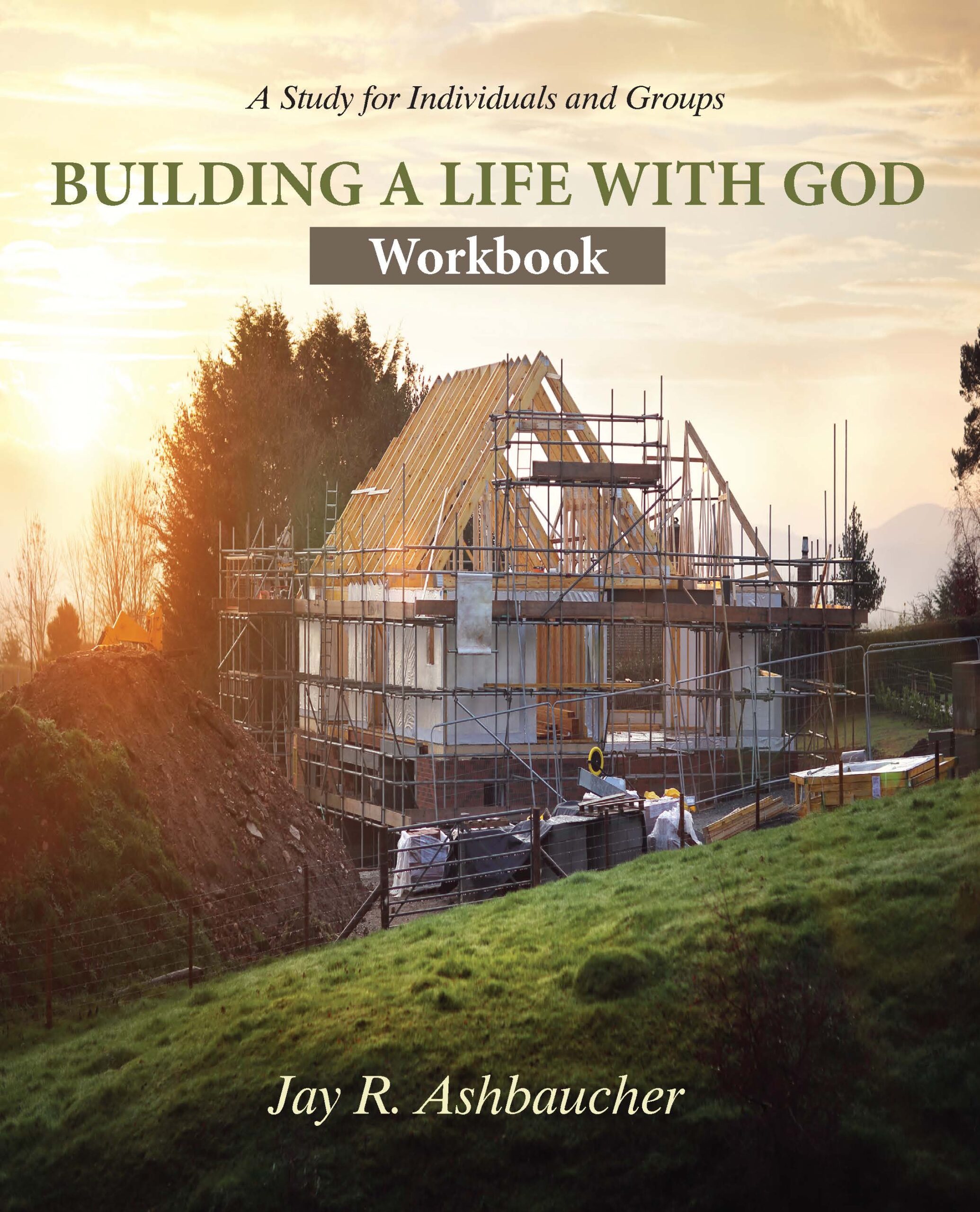November 2, 2023 | By Jay Ashbaucher
In the Biblical book by his name, we find that very bad things happened to a man named Job. Job suffered great losses. What did Job lose? Job lost all of his material wealth. It was taken away, either by natural disasters, or by enemies (1:13-17). Also, all of his sons and daughters were killed in a storm (1:18-19). And to top it off, he lost his health and suffered a lengthy stretch of ongoing pain and agony (2:7-8, 13). At first, Job responds to these sufferings in a Godly fashion, but as his suffering continues, temptations he faces could lead him to question God and to fall into negative and self-destructive thinking. Furthermore, such questioning and thinking could lead to despair and loss of hope, even suicide. Although Job complains and struggles with his faith, his theology keeps him faithful to God in the midst of his testing and pain. As believers in God, knowing Job’s story can help us deal with our own losses and sufferings.
How did Job feel as a result of his losses and pain? Job wishes he had never been born; he questions why he was allowed to live, and he longed for death (3:1-3, 11, 20-22). He groans and cries out that his fears have come upon him, and instead of being at ease, quiet, and at rest, he is in turmoil (3:24-26). He feels his body is decaying like a rotten thing, that God is hiding his face from him, considering him an enemy, and punishing him for past sins (13:23-28). He feels that life will never get better, that his plans and wishes for his life will never be fulfilled, and he is losing all hope (17:11-16). One can easily read into Job’s feelings things like anger and self-pity (29:1-5). These are a few of the feelings that come from his sufferings. You may find yourself identifying with similar feelings in regard to your own sufferings.
God has created us to be able to experience feelings. Feelings are indicators that something is either right and good, or not right and not good. We must listen to our feelings to discover what is causing them and to learn what to do with them. We can’t allow ourselves to be controlled by our feelings because they fluctuate up and down depending on life’s circumstances. We can’t live by yielding to temptations because they eventually lead to self-destruction. We live by a Biblical theology because that is the right way to think and live in spite of our feelings, and it gives us a way to recognize and overcome temptations that would destroy us. Thinking and living by God-given truth keeps us knowing the right thing to do so we can keep going in the right direction instead of a destructive one.
Suffering presents many emotional, mental, physical, spiritual, and social struggles. Job wrestled with questions, doubts, fears, and temptations. Temptations are thoughts that come through many different voices used by a devil whose goal is to bring us down. Many people don’t believe in a real devil who is active in this world and who wants to destroy our lives, but Jesus warns us about him (John 8:44). Devil-inspired thoughts can come through our own negative self-talk, from happenings in our lives that threaten our well-being, or from various people the devil uses to share his lies with us, for example, Job’s friends (42:7). The devil wanted to destroy Job’s life and faith in God by planting lies in his mind and tempting him to go against God’s ways. To counter, we need our theology, the true knowledge of God and His truths.
What temptations did Job face? He was tempted to blame God, to give up his integrity, to curse God, and to lose his confidence in God’s goodness (1:22; 2:9; 4:3-6). He was tempted to feel guilty and to question whether a person can ever be right and pure enough to be accepted by a righteous God (4:17; 9:2). He was tempted to think that things will never get better (7:4-7). In his anguish and bitterness about his condition, he gives in to the temptation to complain to God, demanding that God give an answer as to “why God are you doing this to me” (7:11, 17-21). Job gives in to the temptation to accuse God of being unfair with him, after all, he believes he has been a good person and doesn’t deserve this. He tells God he would rather have never been born than for him to have to suffer life’s cruelties (9:17-21; 10:7-9, 18). He is tempted to think that God is kinder to the wicked people who reject God than to him (21:7-14). Job is tempted to think that God has abandoned him (23:3, 8-9; 30:16-21).
What is Job’s theology? Here are some of God’s truths that helped him counter the temptations and know the truth that would lead in the right direction. When bad things happened, Job worshiped God and said, “Naked I came from my mother’s womb and naked I shall return there. The Lord gave and the Lord has taken away. Blessed be the name of the Lord” (1:20-21). “Shall we indeed accept good from God and not accept adversity” (2:10)? Job accepted God’s will if this is what God, for some reason, is allowing him to suffer. Job said on another occasion, “I am one at whom men spit. My eye has grown dim because of grief…Nevertheless, the righteous will hold to his way, and he who has clean hands will grow stronger and stronger” (17:6-7, 9). Job believed he must keep living God’s way, and through his sufferings, he would become stronger in faith. Another time, Job said, “As for me, I know that my Redeemer lives, and at the last He will take His stand on the earth. Even after my skin is destroyed, yet in my flesh I shall see God; whom I myself shall behold, and whom my eyes shall see, and not another” (19:25-27). Job had God’s hope. He did not fear death, for he knew he would rise again in God’s kingdom. Another time, Job admitted, “He knows the way I take; when He has tried me, I shall come forth as gold. My foot has held fast to His path; I have kept His way and not turned aside. I have not departed from the command of His lips; I have treasured the words of His mouth more than my necessary food” (23:10-12). Job will hold to God’s righteous path, no matter what. But Job also longs for God’s wisdom in his situation, “But where can wisdom be found? And where is the place of understanding? Man does not know its value, nor is it found in the land of the living. Where then does wisdom come from? And where is the place of understanding? And to man He (God) said, ‘Behold, the fear of the Lord, that is wisdom; And to depart from evil is understanding’” (28:12-13, 20, 28). Even though Job, in the midst of his often-unbearable sufferings, complains of his pain to God (30:16-20), every once-in-awhile, he comes forth with a statement, like those above, that lets us know he has not given up on God as his comforter and hope. The truths of God and God’s wisdom is still what guides Job’s daily life. Read Job, chapter 31, to learn all the righteous standards Job lived by. Very impressive! Job was indeed a righteous person as God had said (1:1, 8). But Job still had things to learn.
As we read the book of Job, Job’s friends insisted the reason Job was suffering was that there was sin in his life that he was not confessing. They tried to get Job to admit his guilt and confess, then God would restore him (22:1-5). Job, on the other hand, disagrees and insists on his innocence (19:6). Why was God letting this horrendous suffering to be in his life? God seemed distant and Job felt abandoned. Job wanted an audience with God to get this sorted out. Was Job being self-righteous (10:17-21)? God knew job needed new insights. In the end, God met and confronted Job about his limited knowledge (chapters 38-39). God asks Job, “Will the fault finder contend with the Almighty? Let the one who reproves God answer it” (40:1-2). Job was humbled and admitted that in light of God’s greatness and goodness, he was insignificant and had nothing to say (40:3-5). Then God asks Job, “Will you really annul my judgment? Will you condemn Me that you may be justified” (40:8)? In the rest of the chapter, God continued to challenge Job, “Do you know what I know and can you do what I do?” Job sees things he did not previously know and understand about God. Thus, Job retracts his former thinking and repents (42:1-6).
What was it that Job repented of? When Job meets God personally and experiences God’s glory in a new light, he realizes that some of the ways he had spoken about God were out of ignorance. Job needed to see that God’s wisdom was greater than his own. He had acted and talked about God as if God did not know what he was doing. Job’s human reasoning was wrong in trying to justify himself before God. Job did not know God’s reasons for his sufferings. We may never know God’s whys, but still, God is the only one who can save us. Will we trust God’s goodness and wisdom, even under the pressures of human suffering?
What can we learn from Job’s trials and experiences? First, it’s okay to be honest with God about how we feel. God can handle it. Also, three things are needed to survive the evils of this world and the devil’s attempts to bring us down. (1) FAITH that God will work all things together for our good (Romans 8:28-29). (2) HOPE that sees God’s promises and future plans for us (Jer. 29:11; Rom. 8:18-25). (3) Being convinced that God LOVES us, cares for us, and is always with us (1 John 4:9-10, 16-19). This is what keeps us living in the ways of God rather than veering off the path. By God’s grace, we must push through the pain and keep living as He says (Proverbs 3:3-15; 2 Corinthians 4:16-18; Philippians 3:7-11, 20-21).










